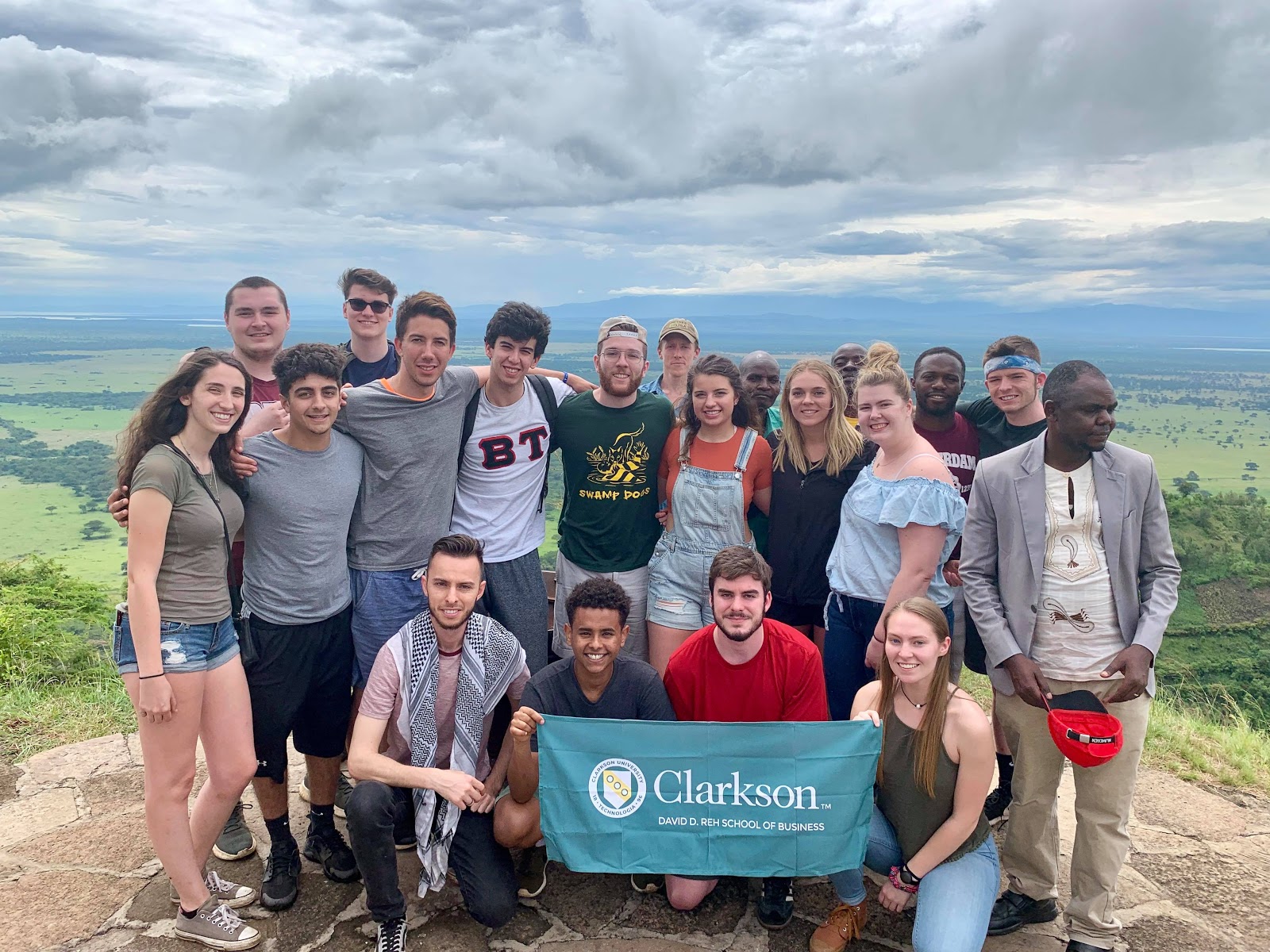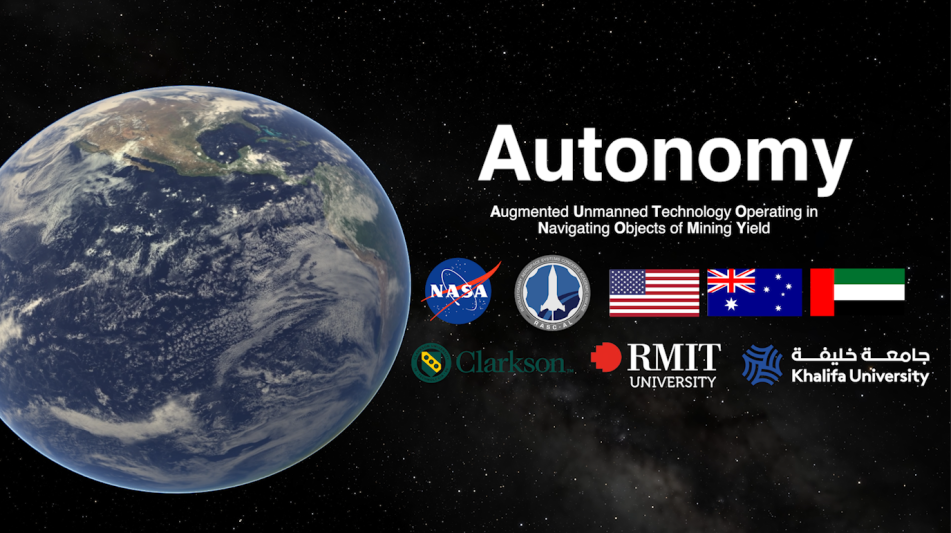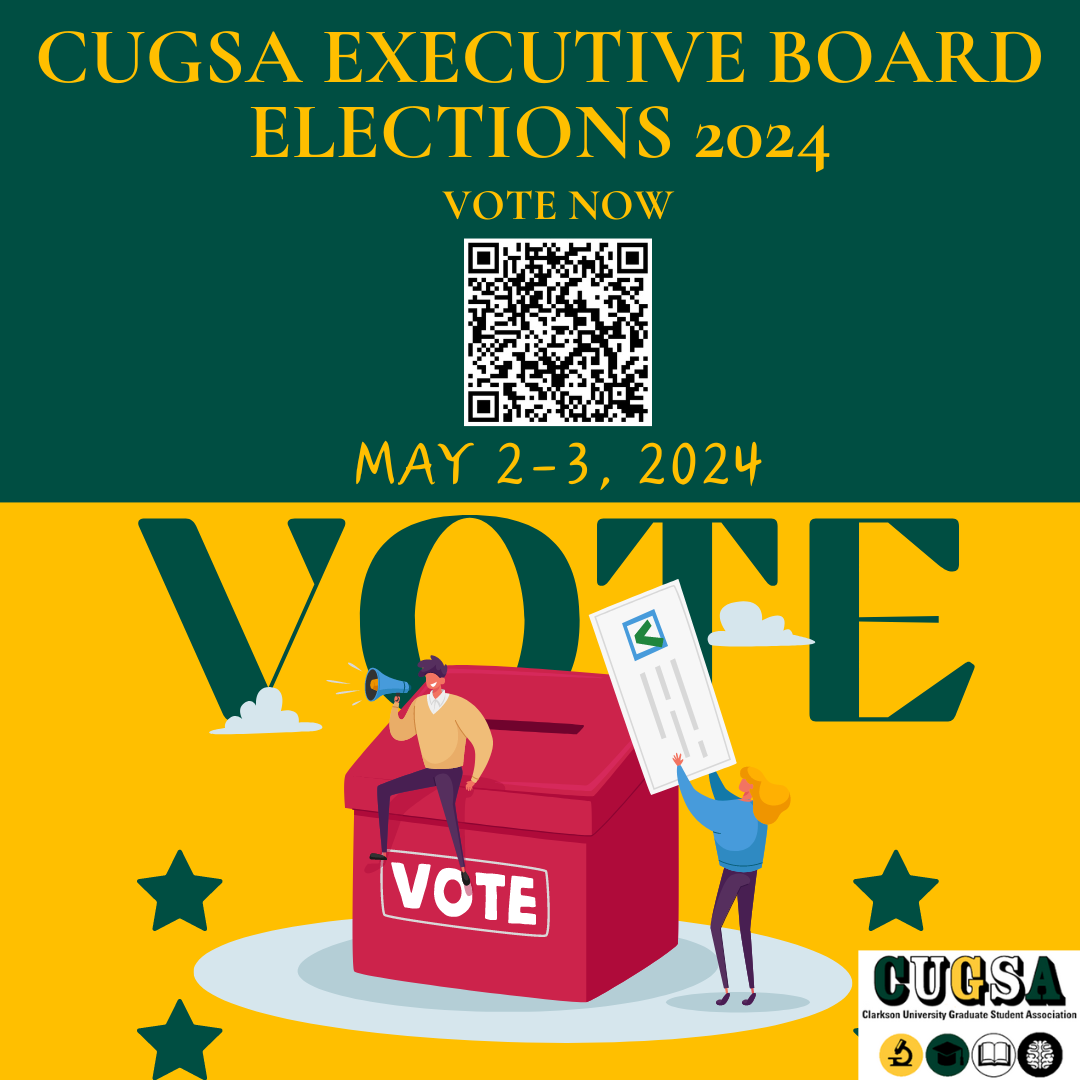
Last year the Clarkson University David D. Reh School of Business and the Institute for a Sustainable Environment partnered with EcoTrust in Uganda to offset 234 tons of carbon dioxide. This was equal to the airfare and ground transportation emissions for 48 people traveling to Uganda and Kenya, Croatia, and the Devil’s Thumb Ranch trip to Colorado.
The same trips will be carbon neutral again this year. We would like to extend this opportunity to others at Clarkson to have a carbon neutral trip or to make your own household carbon neutral for the year. This is an important step toward having a net zero impact on the climate. EcoTrust offers discounts for bulk purchases. If we make a larger purchase then we can bring the price from $9.10/ton of CO2 down to the $6-7 range.
If you are interested in seeing what your household CO2 footprint is visit the EPA carbon footprint calculator. If you would like to join the ISE and CUSB order for carbon offsets please contact me at afrench@clarkson.edu.
Clarkson’s carbon commitment
Clarkson has signed on to the Second Nature Climate Commitments. We have set a goal to offset all transportation emissions this year and for the whole university to become carbon neutral by 2025. Clarkson is aggressively investing in energy efficiency improvements and is purchasing renewable electricity. These efforts are all driving down our CO2 footprint. However, not all emissions, such as airfare, will be avoidable. Therefore in 2025 Clarkson aims to offset all remaining annual emissions. CU is committed to paying a fair market price for its pollution.
What are carbon offsets?
Offsetting carbon is a market solution to climate change where you pay a different organization, such as EcoTrust, to remove an equivalent amount of global warming gases from the atmosphere as what you’ve emitted. This can be through various activities ranging from tree plantings to destroying chemical refrigerants. After the emissions and the offsetting activity, there is a net-zero impact on the climate. This is often cheaper than fuel switching. For the Clarkson School of Business trips, it costs approximately 1-2% of the budget to create a carbon-neutral experience.
EcoTrust sequesters carbon through agroforestry and community forestry programs in southwestern Uganda. Clarkson students on the trip will visit some of these sites as well as their head office in Kampala. EcoTrust’s programs include many co-benefits. They improve the food security and financial security of the communities they work in. The forestry practices have significant ecological benefits for the soil, groundwater, and habitat of the region. EcoTrust’s efforts are concentrated in areas that will have a larger regional impact; the sites that Clarkson students visited act as a buffer against deforestation and degradation of the Queen Elizabeth National Park.



